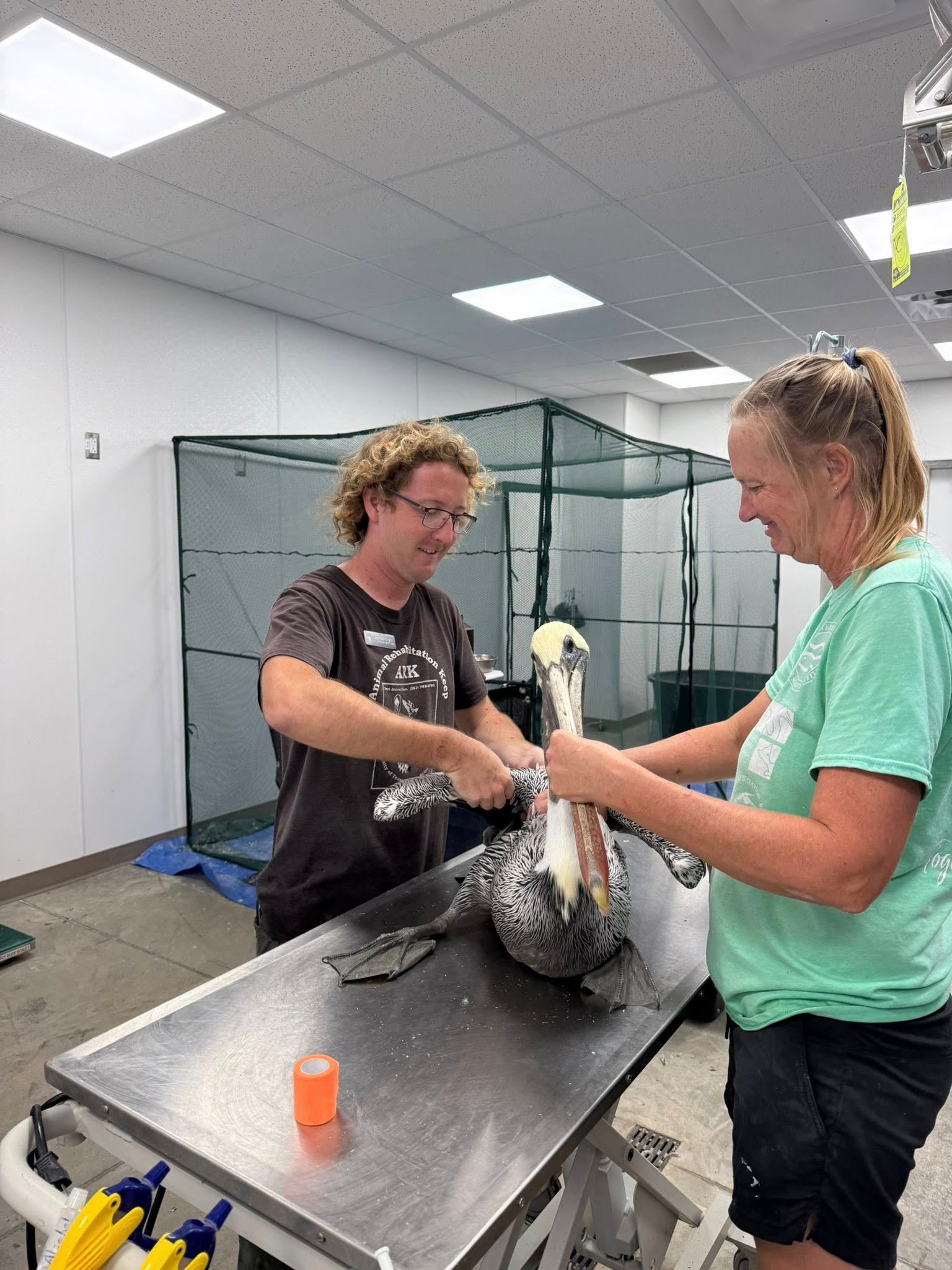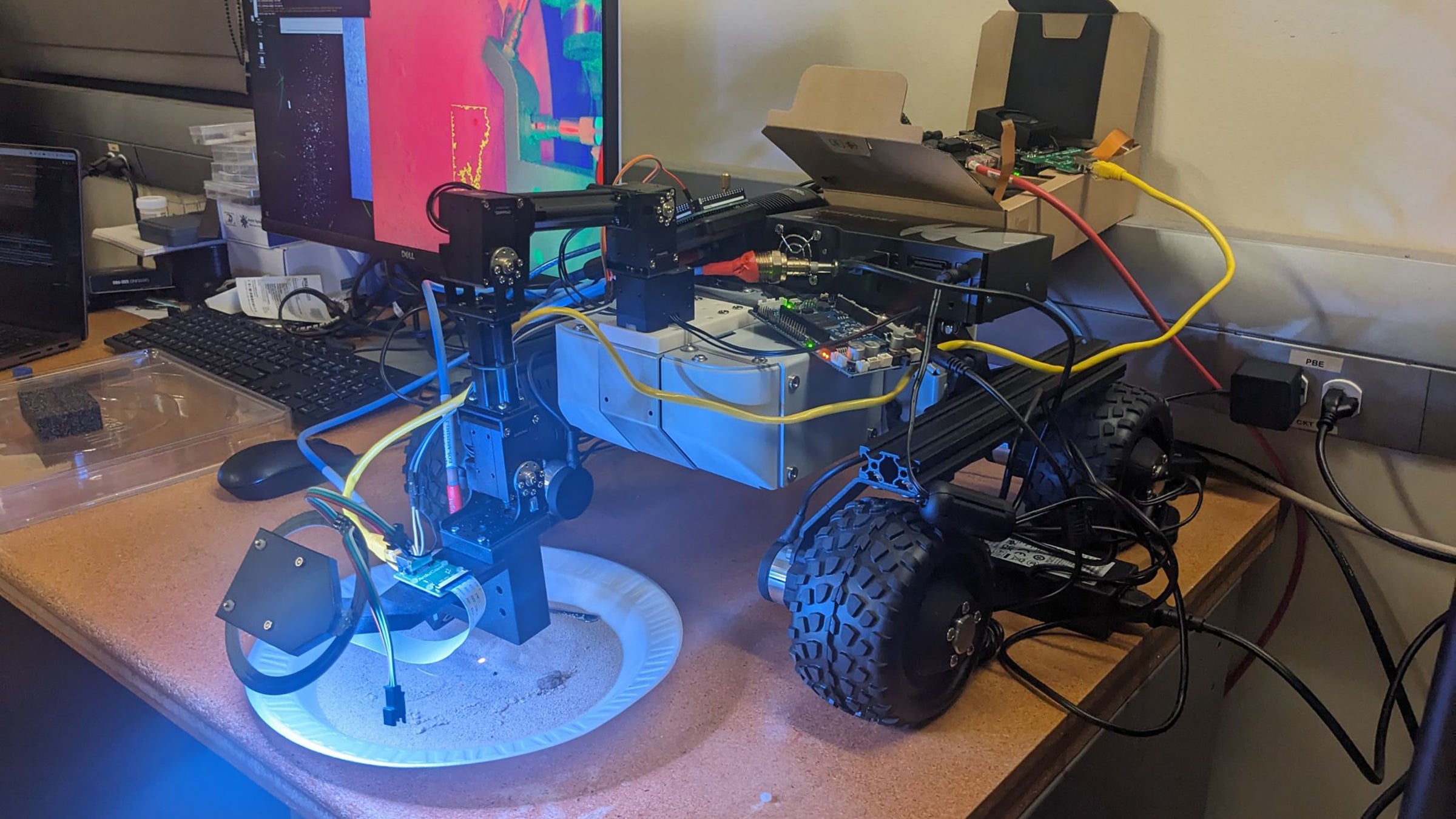ARK Responds to Historic Bird Mortality Event After Hailstorm

On Saturday, November 1, 2025, a severe hailstorm swept through the Coastal Bend, causing catastrophic impacts on local bird populations. The Amos Rehabilitation Keep (ARK) was first on the scene Sunday, November 2, rescuing and recovering injured birds. On Monday, ARK helped set up the rescue operation and ensured everyone was comfortable handling pelicans in the field. This large-scale rescue effort was supported by many boots on the ground, including Texas Parks and Wildlife Department, Coastal Bend Bays & Estuaries Program, Texas Sea Life Center, Texas A&M Corpus Christi Harte Research Institute, Texas State Aquarium, Texas Zoo, and The Nature Conservancy. This rapid response and collaboration set the stage for what is now considered the largest bird mortality event in North America in decades.
The Impact
- 417 birds were admitted to ARK following the storm.
- The majority were brown pelicans from Shamrock Island, home to one of the largest rookeries in Corpus Christi Bay.
- Unfortunately, 60% of the birds were euthanized due to multiple fractures caused by hail.
- The devastation was amplified because the storm struck directly over the rookery, which hosts both year-round residents and migratory pelicans from Alabama and Mississippi breeding grounds.
Current Rehabilitation Efforts
- ARK currently cares for 110 brown pelicans.
- 10 birds were released yesterday [11/13/25], and another 5–10 are expected to be released today.
- Birds must meet strict criteria before release, including:
- Ability to eat independently
- Demonstrated flight capability
- Proper feather waterproofing (critical for survival in water)
Most birds in care suffered bruises and should be released soon. However, 15–20 birds with fractures will remain at ARK for 3–6 weeks, recovering with specialized wing wraps using flexible bandages.
A Silver Lining: Advancing Science
During rehabilitation, ARK banded 200 pelicans from Shamrock Island. This effort will help track migration patterns—data that has been lacking for this rookery. If you spot a banded pelican, you can contribute to science by reporting its location at reportband.gov
ARK Supervisor Andrew Orgill notes that the timing of the storm should not affect pelicans migrating south. Birds currently in care are expected to be released before migration begins.
Help us continue this vital work. Follow ARK for updates and learn how you can support wildlife recovery efforts in the Coastal Bend, or consider a donation to txsci.net/anthonyamosark



